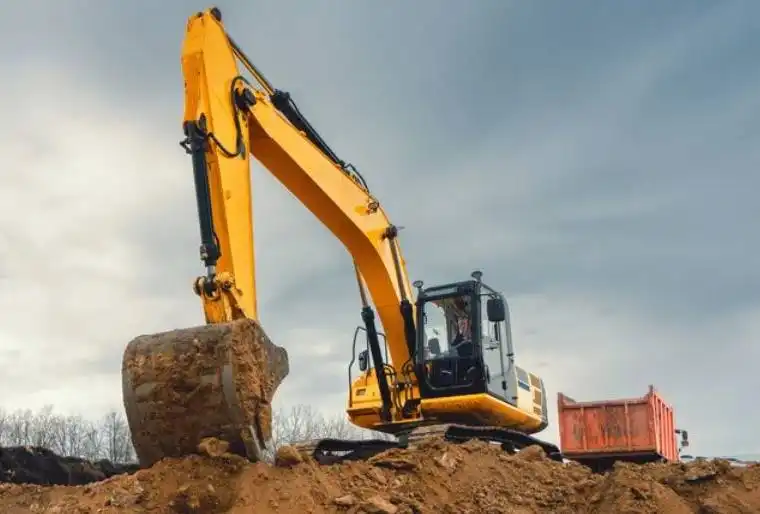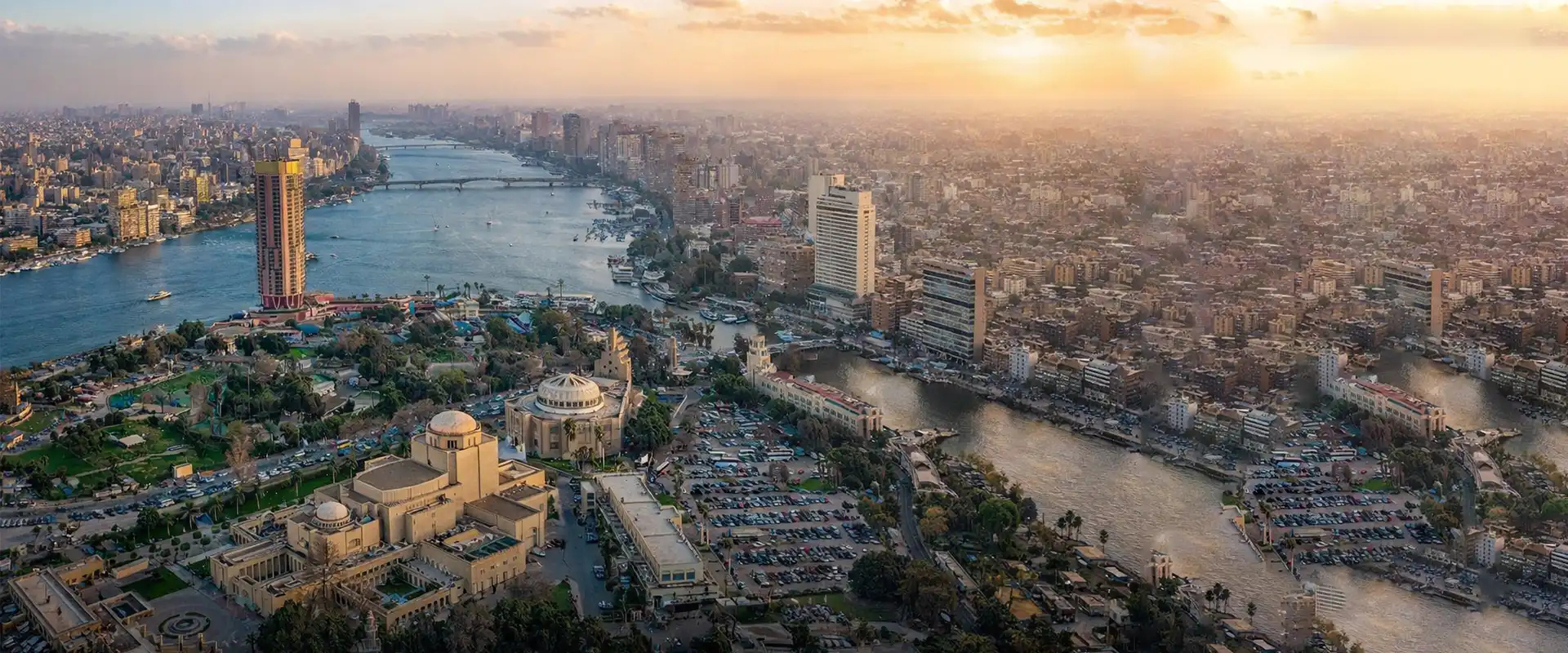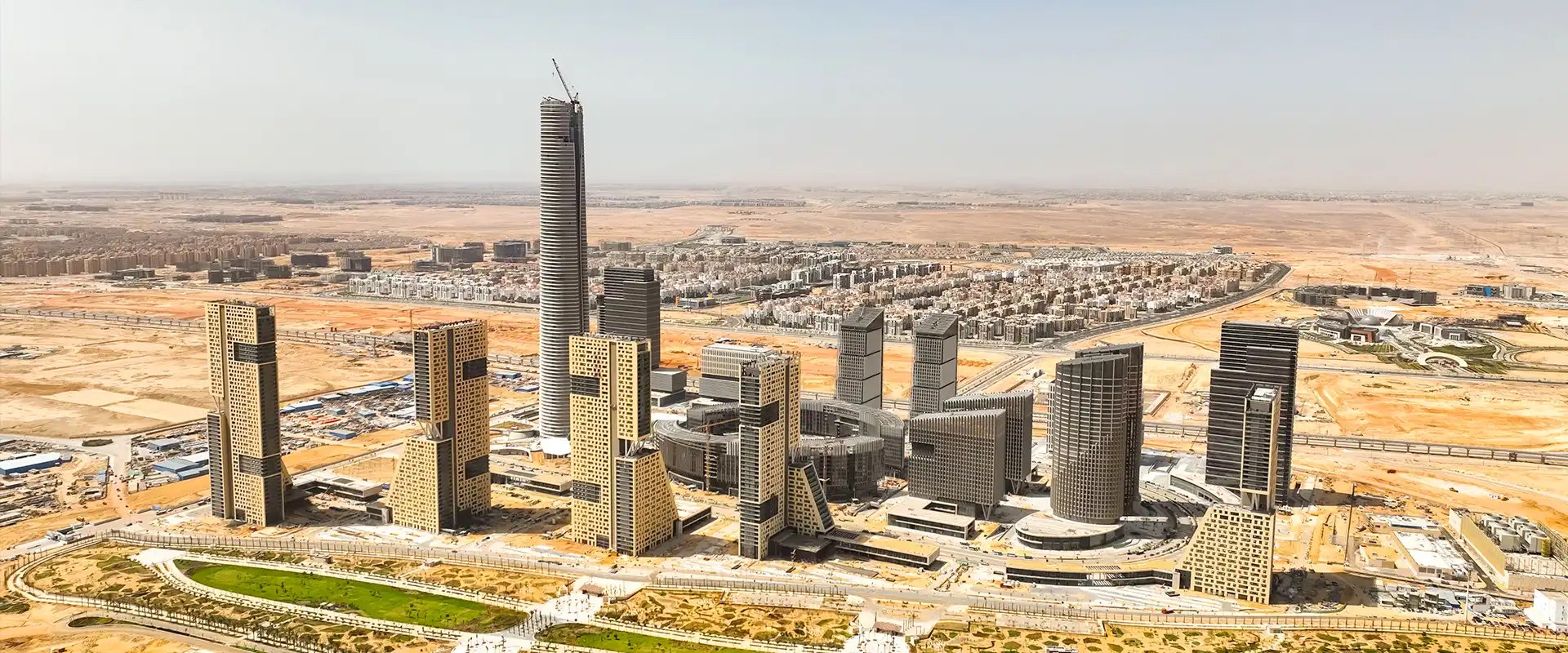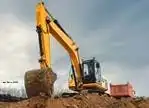Types of Soil - Top 4 Qualities of Soil Suitable for Construction

When making the decision to construct a building, it is necessary to search for a suitable piece of land, and its soil should be of appropriate soil types for construction, as different types of soil will affect the building's foundation.
Therefore, identifying the type of soil on which the construction will take place is very important, as it will have an impact on the entire project's construction and future repairs. This helps us avoid future problems that we can do without.
Article content:
- The best 4 qualities of soil suitable for construction.
- Types of soil.
- The role of BUILDING RANK company in examining types of soil.
First: The top 4 qualities of soil suitable for construction:
The soil suitable for construction should have several important qualities, including:
- Stability, strength, and cohesion to be able to withstand the size and height of the building that will be constructed on it. If the soil is unstable, it can lead to risks of collapse or cracking of the building.
- It should not react with the construction materials, which can result in deterioration of the building's foundations in the long run.
- It should be capable of absorbing rainfall.
- It should have the ability to dampen seismic waves.
Second: Types of soil:
Many people do not pay attention to the quality of the soil on which they will build their homes, and unfortunately, some engineers also do not give this matter the necessary importance, although it is the first and most important step in construction. Here are some types of soil and their suitability for construction:
• Rocky soil:
It is considered one of the best types of soil due to its qualities of hardness, strength, and cohesion. However, it requires significant effort to level its surface and excavate foundations for pillars and bridges. It is also characterized by its impermeability to water and lack of moisture retention.
Because it does not retain water, it is protected from expansion and contraction, and it can withstand the construction of tall buildings on it. Another positive aspect of rocky soil is its resistance to erosion, as it provides stability to mountainous terrains and protects them from exposure and landslides.
• Gravel and sand soil:
It is considered a good type of soil for construction due to the small size of its particles. Sand does not retain much moisture and drains water well. One of its characteristics is that when the sand is moist and compacted, it becomes cohesive because it does not retain water.
Additionally, it is characterized by hardness, strength, and very low water absorption. Before building on this type of soil, it is necessary to dig to a suitable depth, level the surface, and compact it before placing concrete.
• Clay soil:
Since this type consists of very small particles, clay soil retains water and has a high capacity to absorb moisture. Its components allow for water retention, which leads to expansion and contraction, causing significant pressure on the building's foundations and eventually leading to cracks due to continuous upward and downward movement.
Therefore, it is necessary when laying the building's foundations to remove the moist top layer and excavate to reach a stable and moderately moist area to avoid future problems. If necessary, a layer of iron and cement mat should be placed under the entire building area to maintain its stability.
Third: The role of BUILDING RANK company in soil testing:
When you decide to build a house, villa, building, or any structure, the optimal choice for soil testing before starting construction is the BUILDING RANK company. We are the leading and first company in the Arab world in the field of property inspection from all construction, mechanical, electrical, and environmental aspects, as well as water leaks and moisture.
Do not hesitate and make your decision by contacting us, the BUILDING RANK company, so that our experts can inspect and test the soil on which your project will be built. We will provide you with a report that gives you peace of mind before starting construction work.
Conclusion:
In conclusion, we would like to emphasize that the failure to choose suitable types of soil for your project will result in immediate and future problems in the foundation. All construction projects require a strong foundation to remain stable in all seasons and weather conditions.









